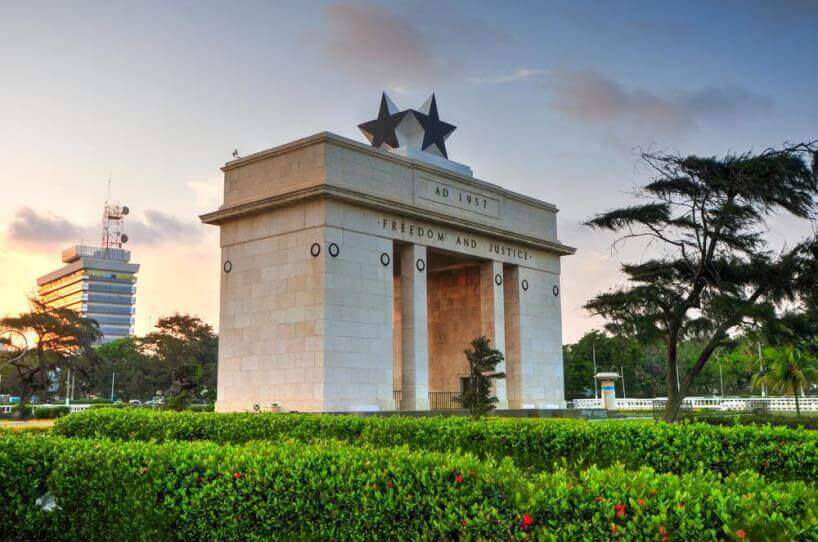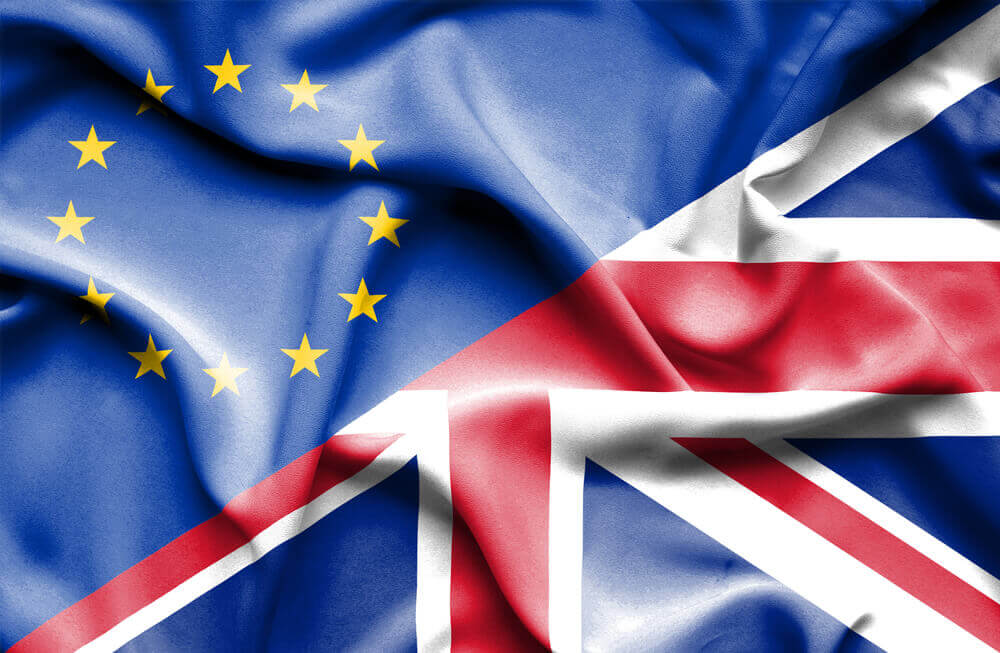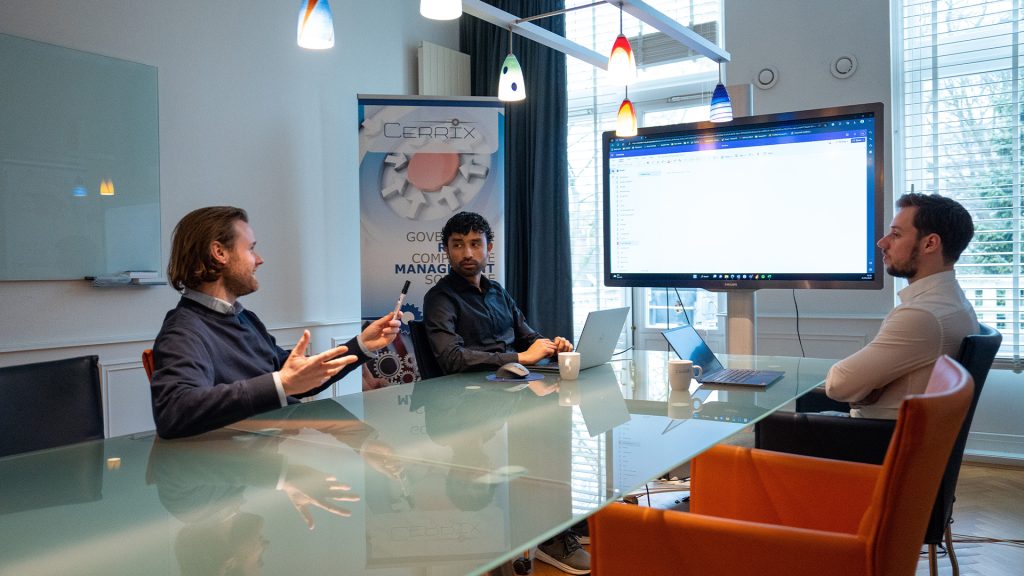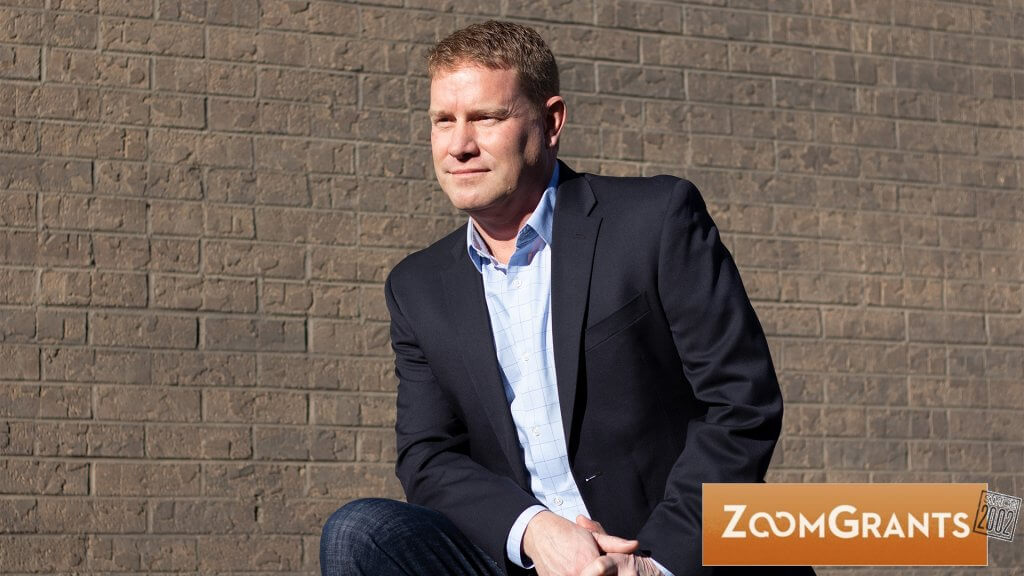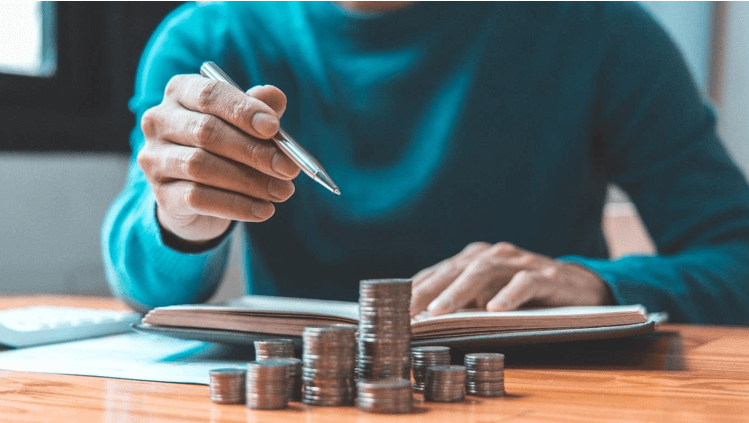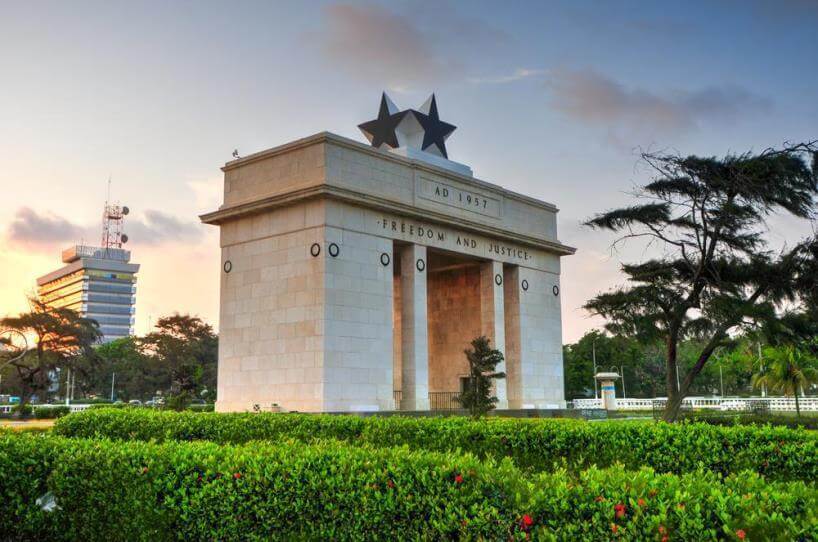
Microfin Plus is a Financial Non-Governmental Organization (FNGO) registered in Ghana to develop, implement and promote innovative financial services to the poor whereas establishing and maintaining relationships with other NGOs.
Microfin Plus, as an NGO, aims to develop, implement and promote innovative financial services to the poor whereas establishing and maintaining relationships with other NGOs, Microfinance Institutions (MFIs) and relevant agencies of state to provide customized and sustainable services to the poor. The firm also seeks to provide capacity building to MFIs and the poor in addition to the mobilisation of funds for lending to the productive poor with women and the youth being the core targets.
The operations of Microfin Plus are mainly based in the rural and peri urban communities where specialised pro-poor financial services are rendered to its clients. The firm’s vision is to become the leading provider of Microfinance Services in Ghana to improve livelihood of the poor with special focus on women.
The firm’s mission is to:
• Provide Financial and Non-Financial literacy to the rural poor to enable them access credit from the financial institutions;
• Building the capacity of microfinance/rural bank institutions to enable them provide effective and sustainable financial services to the poor;
• Promote economic and social transformation of individual households and communities at large;
• Increase the self-esteem and empowerment of the poor;
• Develop local leadership based on community, solidarity, and self-esteem;
• Foster local community initiatives and services;
• Assist the poor in strengthening and developing sustainable businesses;
• Design and offer microfinance products to the poor.
Governance Structure
Microfin Plus Ghana is governed by a seven strong member Board of Directors (BOD) with diverse experience and educational background spanning Banking, Rural Financial Services and Education, Financial Literacy, Consultancy, Health Services, Pension and Social Security. Executive Director Ishmael Kwesi Otchere has 18 years’ experience in the commercial Banking and 7 Years in rural
banking.
Mhope savings and loans
The product provides financial and non-financial services. The financial services include savings and provision of micro loans facilities to the productive poor in the rural communities who have been excluded from the financial market. The nonfinancial
services include relevant basic education in health, breastfeeding, family planning, business management and so on. The product is offered using Village Banking Methodology through group-based model and its focuses mainly on women.
Case study – Silas Okuntu
Silas Okuntu is 50 years of age and a farmer (from Kwame Kwei) with 4 acres of farm land. He produces yam, cassava, maize, oil-palm and coconut. He joined the VSLA programme due to financial hardships. According to Silas, this particular programme interested him due to its credibility, ease with which credit is accessed and flexibility in its payment procedures.
Before he joined the VSLA, he could only cultivate 1 to 1.5 acres per year due to lack of funds for hired labour and other inputs like chemicals for spraying the farm, fertilizers, pesticides and seeds, forcing him to give his 1-acre coconut farm on lease for an amount less than it worth. He used to be in very financially broke and needy especially at the end of the year making it difficult to provide basic needs of his children and entire family.
According to him, after joining the programme he has been able to get back his coconut farm and is also cultivating on all 4 acres of his land (with intentions of acquiring more land) and is harvesting more yields. In last year (2010) he received a loan of GH¢300.00 from his VSLA Group and paid all promptly. Additionally, he also made a contribution of GH¢190.00 from his saving (profit of 30 Gp on every GH¢1.00 investment increased by 30%) all enabling him expand his farming business. At the end of last year, he had enough to provide for his family the Christmas festivities (new clothes, shoes, foods) as well as educational materials like books and uniforms for children. Silas also used part of this money to receive medical care after fatal motor accident.

